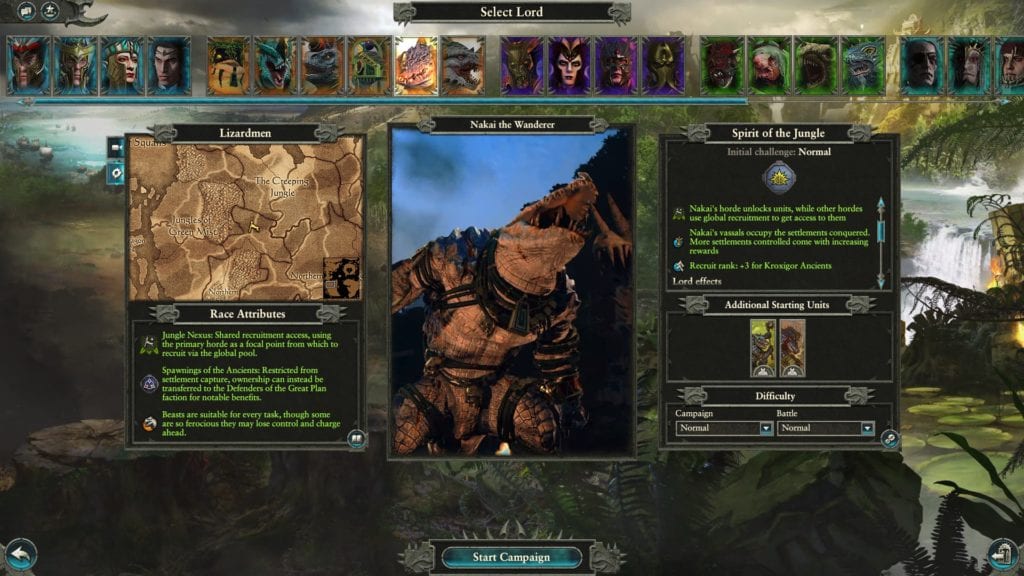

They were mostly not German scholars (though there must have been more than are included in this list) the bulk of German-speaking posts seem to have been recruited from among young women who had studied or who planned to study German at university or who had some other reason for being fluent – the team of all women which Edward Rushworth led was so composed. They were preponderantly – but not only – classicists (among the non-academics were poets, novelists, politicians, insurance agents, etc.). This initial list contains the names of some of the humanities scholars who were recruited to work at Bletchley Park (BP) or other cognate units working on military signals intelligence during the Second World War. Amendments and additions to this list would be welcome and should be emailed to = link to entry in the Bletchley Park Roll of HonourīA obit = extract from British Academy obituary available

This draft list is very much a work in progress (lasted updated 2 September 2019). Those who became Fellows of the British Academy (FBA) are identified.

This list is a supplement to the British Academy Review article by Nigel Vincent and Helen Wallace entitled ‘Lost without translation: Why codebreaking is not just a numbers game’ (February 2015). In 2015, to mark the 70th anniversary of the end of the Second World War, the British Academy began to commemorate, by means of a simple list, those men and women who helped bring about victory through their work in military intelligence and who were already or would go on to become humanities academics.


 0 kommentar(er)
0 kommentar(er)
